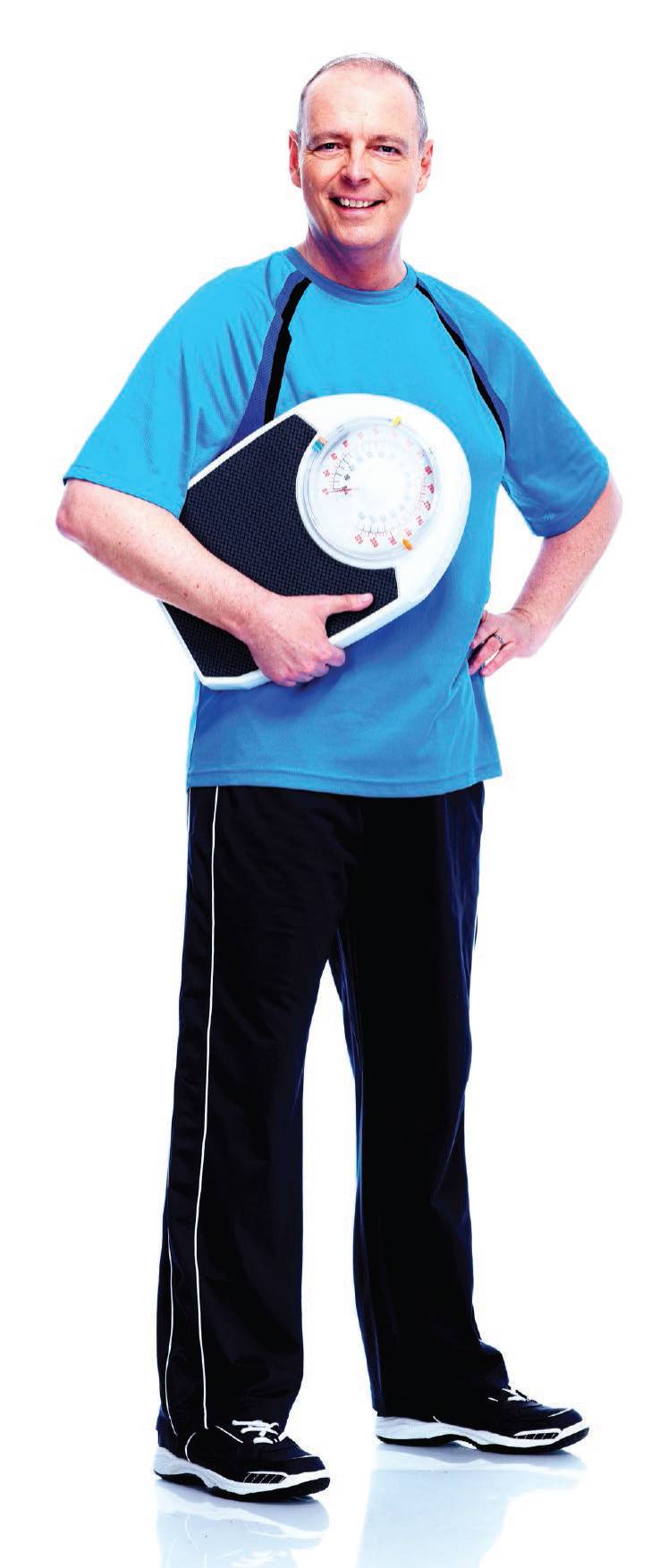Bariatric Surgery May Cut Your Risk for Heart Failure in Half

Click here to sign up for a free bariatric surgery educational seminar where all of the available surgical options are explained in detail.
The modern world is full of conveniences that make our lives easier, provide instant access to a wide range of fast foods, and even reduce our need to leave the house for school or work. Those same conveniences collectively put us at risk for weight gain. In fact, more than two in three adults in the United States is considered to be overweight or obese.
“Excess weight and body fat are very dangerous for your health,” said Aley E. Tohamy, M.D., FACS, FASMBS, director of the Crozer Health Comprehensive Bariatric Surgery Program. “It increases your risk for a range of problems such as coronary artery disease, high blood pressure, and diabetes.”
The health problems associated with being overweight or obese also increase your risk for heart failure, a potentially life-threatening condition that affects more than 5.7 million Americans. Fortunately, for obese patients without a history of heart disease, bariatric surgery can cut their risk of developing heart failure by half.
What is Heart Failure?
Heart failure is different than a heart attack or sudden cardiac arrest. While it sounds like your heart “fails” and simply stops beating, in reality, heart failure symptoms develop over time and progressively get worse, sometimes over a period of years.
“If you have heart failure, your heart doesn’t pump enough blood to meet your body’s basic needs,” said Tohamy. “As a result, you may feel tired, short of breath, experience swelling in your feet and ankles, and have difficulty thinking clearly.”
Obesity, which is defined as having a body mass index greater (BMI) greater than 30, is associated with a range of symptoms that are risk factors for heart failure.
“Getting your weight into the normal range reduces your risk for many diseases and conditions, including heart failure,” said Tohamy. “It’s not always easy to lose excess weight, and some people need the extra help that bariatric surgery provides.”
Bariatric Surgery Reduces the Risk for Heart Failure
Bariatric surgery, also called weight loss surgery, has proven to be an effective tool for long-term weight loss. It’s recommended for obese patients with a BMI of 40 or greater, or for patients with a BMI of 35 or greater and a history of poorly controlled type 2 diabetes.
A recent study also shows that it has the added benefit of reducing the risk of heart failure in obese patients without a history of heart disease or stroke.
Researchers followed two groups of obese patients; half received bariatric surgery and the other half attempted to lose weight through diet and exercise. The average BMI in the surgery group dropped from 46.5 to 32.5 over eight years. The BMI for the non-surgery group remained stable at 46. More significantly, half as many people in the surgery group developed heart failure over that same period. They also had fewer heart attacks and strokes.
“Bariatric surgery is far from a ‘quick fix’ for obesity since, like every surgery, it involves risk,” said Tohamy. “It also requires the patient to have a certain mindset since it essentially forces them into a completely different lifestyle.”
However, for those who have struggled with obesity, bariatric surgery may be a good solution—with the added benefit of reducing the risk of heart failure.
